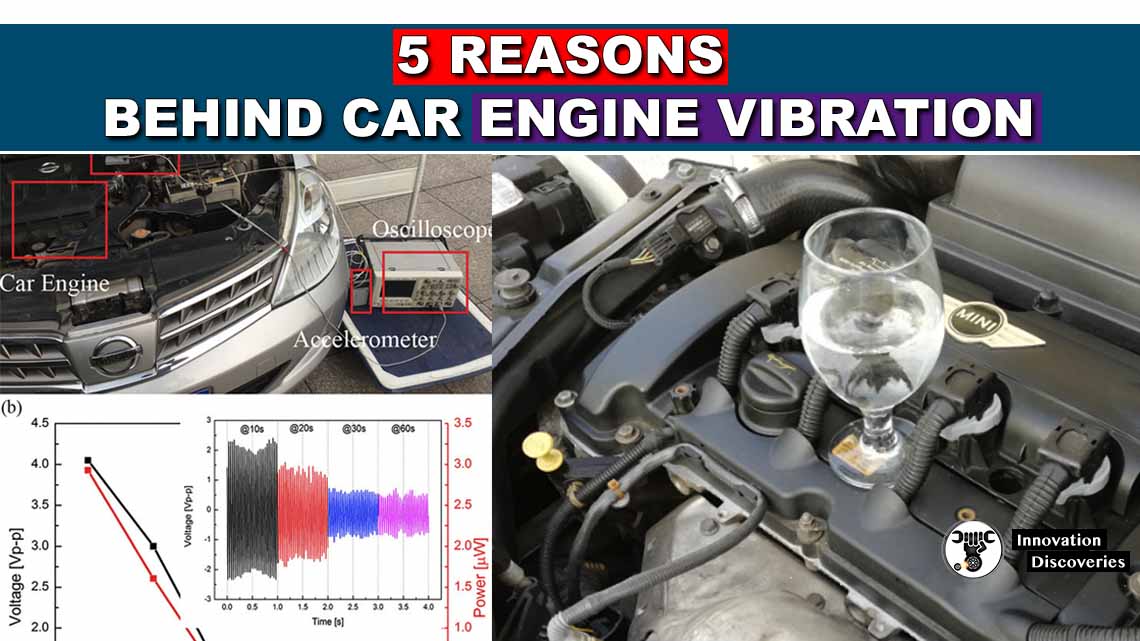
It is quite normal for your car engine to vibrate at optimum levels during operation.
The crankshaft rotation, transmission gears, and other vital components inside the car engine can cause slight vibrations.
In some cases, though, the engine’s vibration can exceed normal levels and result in rattling noises from the engine compartment.
Typically, these engine vibrations are caused when any of the engine components are faulty.
Identifying these vibrations’ causes will help you point out these issues when taking your car to an auto repair service.
Below are five reasons behind abnormal engine vibration.
Worn out or Faulty Spark Plugs
A worn-out or faulty spark plug is a leading cause why your car engine vibrates or shakes uncontrollably.
A worn-out spark plug can prevent the fuel-air mixture not to get correctly ignited in the cylinders, thus leading to misfiring.
This can result in the engine vibrating as the cylinders can misfire during idling or at running speeds.
Installing new spark plugs is the best way to resolve such vibration-related issues.
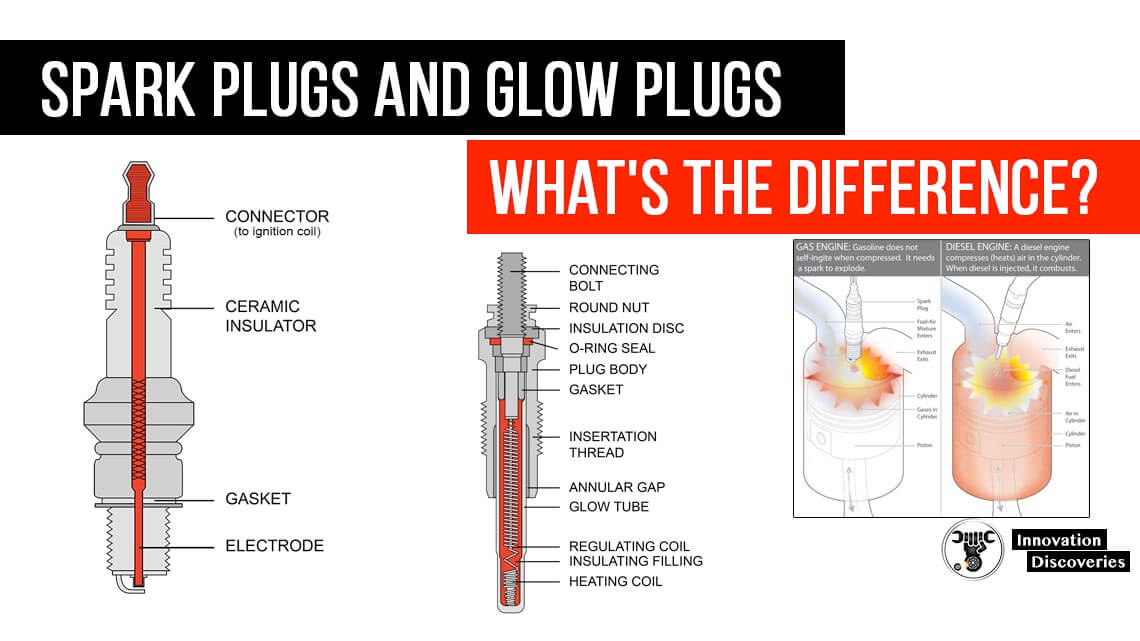
Improper Timing Belt
The timing belt ensures the accurate functioning of many critical components of the engine.
Any issues with the timing belt can cause your car’s engine to vibrate.
Fans and other belt-driven components will not function properly when the timing belt is damaged or loose, resulting in shakes and rattling sounds.
Inspecting the cable belts to ensure that they are not loose or damaged and replacing worn-out ones would resolve the issue.
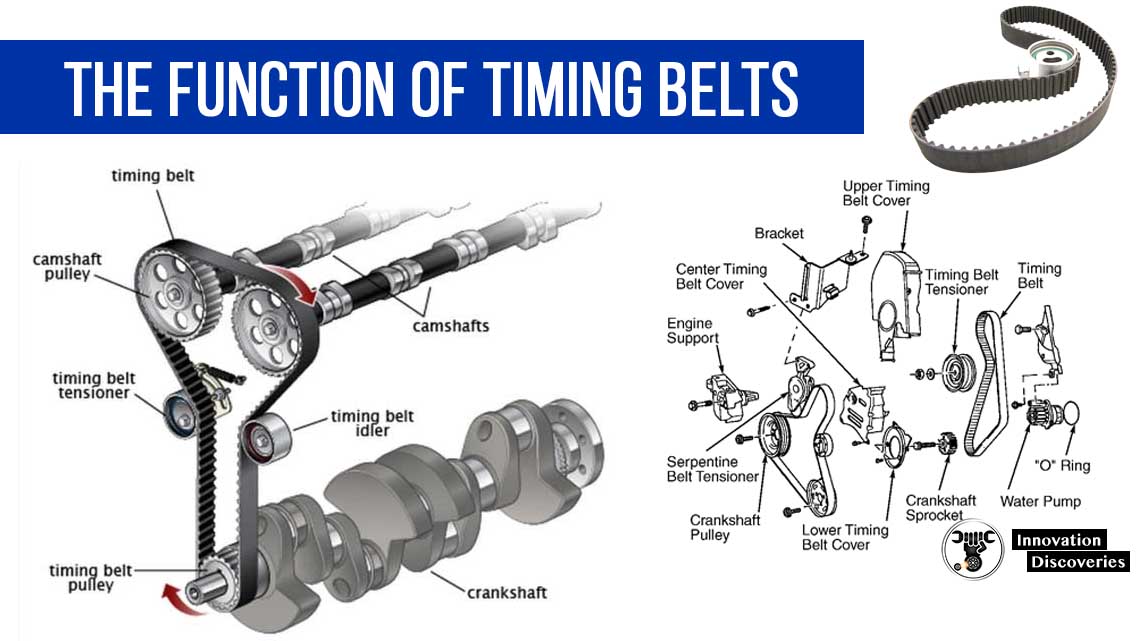
Loose or Disconnected Hoses
Another reason why your car engine vibrates is due to any loose or disconnected hoses to the engine.
These hoses carry air-fuel mixture, radiator coolant, vacuum, etc., and failure of them means the engine is not correctly fed with these crucial requirements.
It can result in vibrations when idling and at running speeds.
Reattaching the loose hoses or replacing damaged ones can solve this problem.
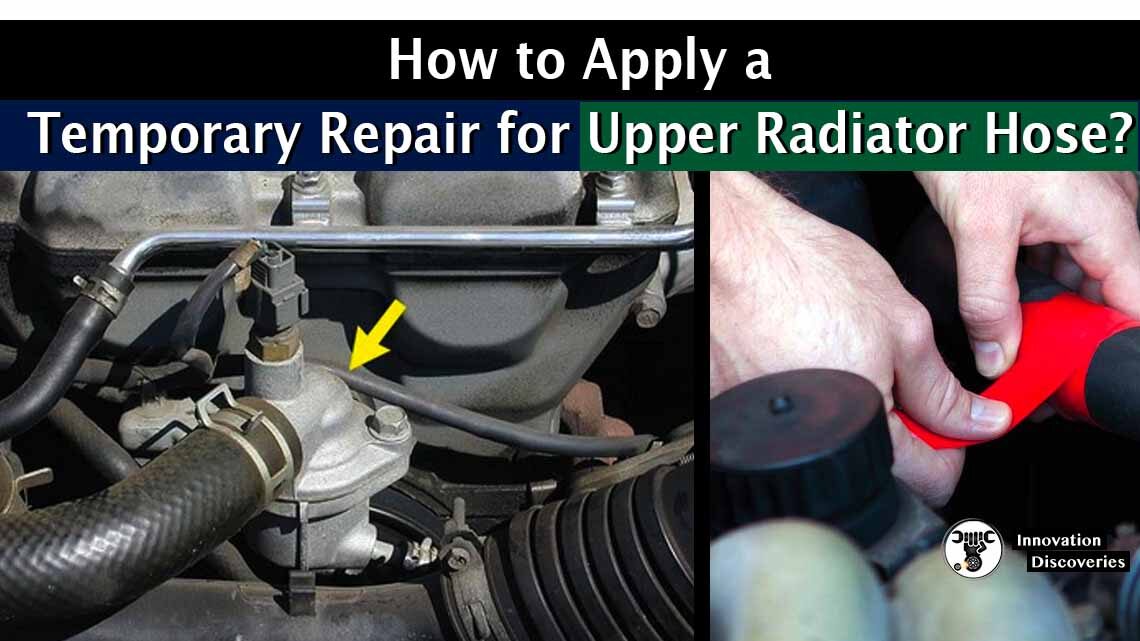
Improper Fuel Intake Adjustments
If the fuel intake system is not correctly adjusted and calibrated, it can produce vibrations.
It can even happen when the engine is idling and happens because the engine is not getting the right fuel-air mixture due to improper adjustments.
Adjusting the idle speed on the carburetor and cleaning the fuel intake system can rectify this issue.
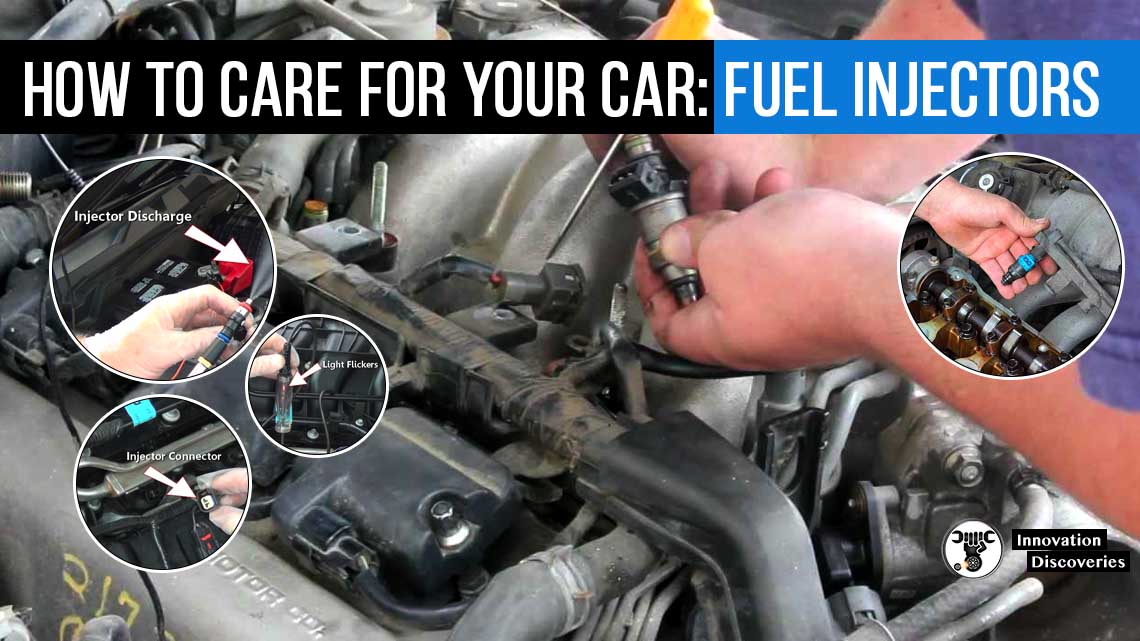
Damaged Motor Mounts
Any damage to the motor mounts can cause the engine to vibrate and shake during idle or stopped.
This component supports the engine in its compartment and absorbs the engine vibrations and road shocks.
If the motor mounts cause vibrations, have them replaced by a professional auto repair service.
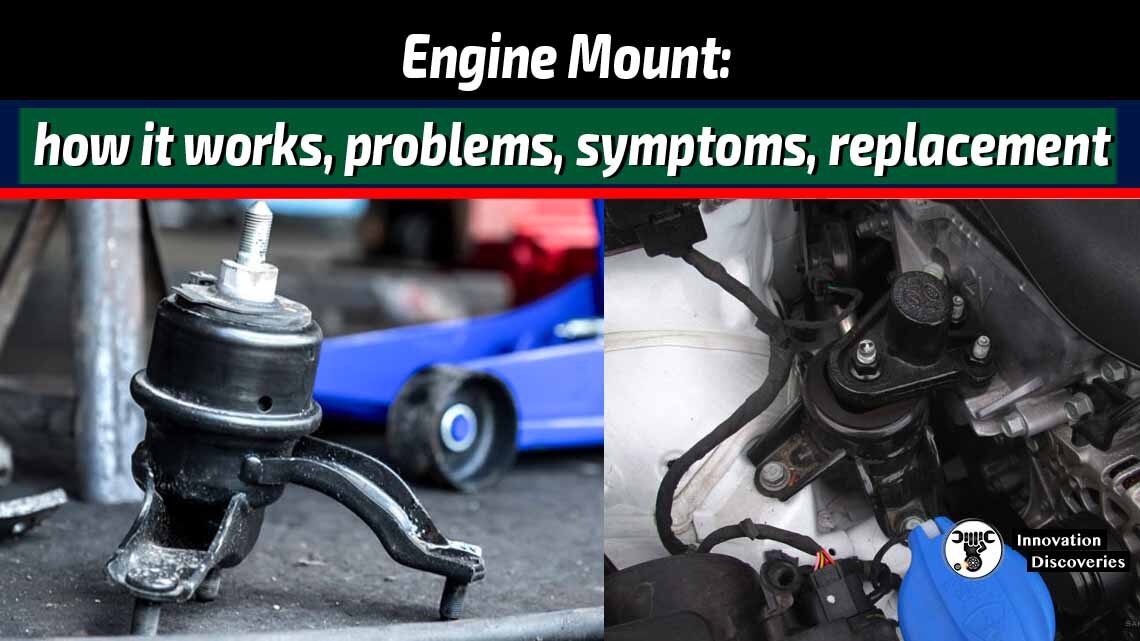
Read More:
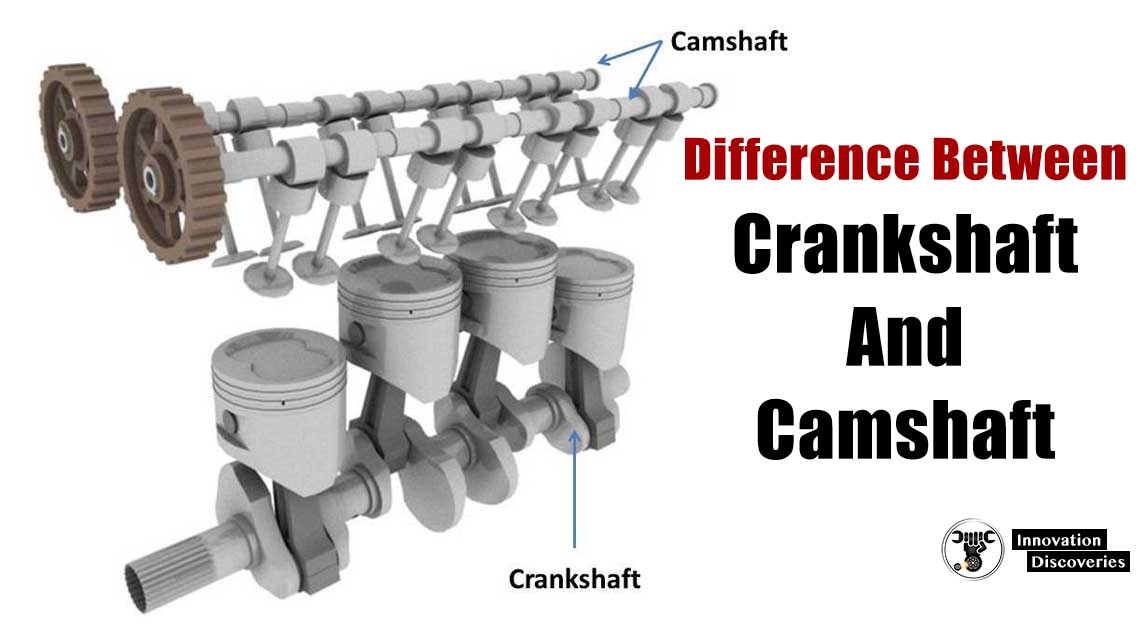


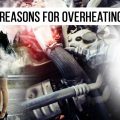
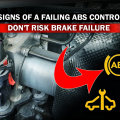

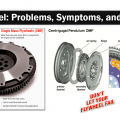
2 Comments